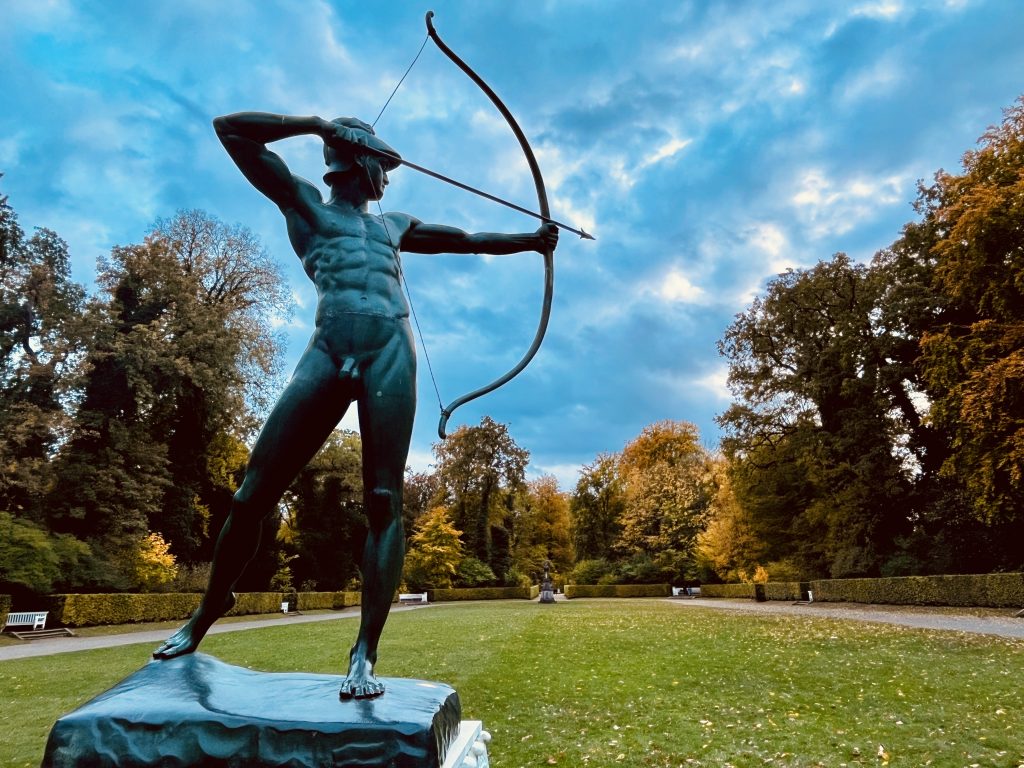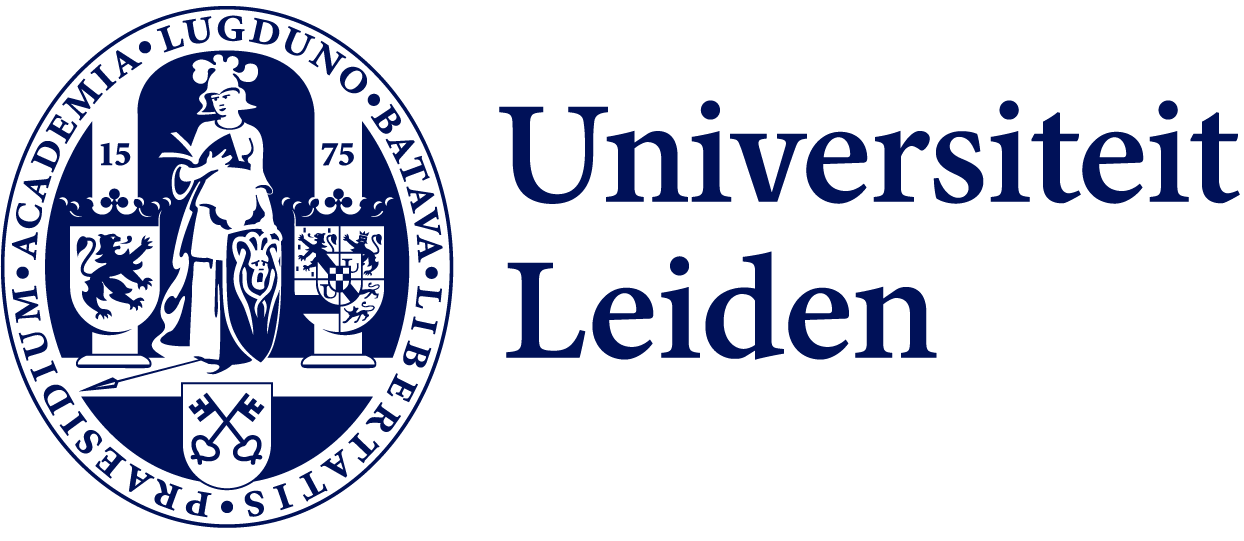In collaboration with dr. J. Fischer, Potsdam, 22–24 October 2025
See also the website of the University of Potsdam.
Abstract:
The study of ancient divination has increasingly become a focus of research over the past few decades, with both institutionalized and individual (‘lived’) practices attracting scholarly interest. However, it is only in recent years that one fundamental aspect concerning the significance of divination has begun to receive attention: the nature, meaning, and role of authority.
In the view of contemporaries, ancient divination was a form of communication with the divine sphere. It allowed individuals, regardless of their social status, to ascertain the opinion of the supernatural regarding a given situation and, in turn, to communicate this information. As such, divination played a crucial role in Greek and Roman societies, shaping both private life and political affairs. Despite its centrality, divination was neither a fixed and coherent nor a universally valid or universally accepted system but rather a contested space where various specialists and techniques competed for legitimacy. At the heart of this competition was the issue of authority—how it was constructed, recognized, and maintained. While previous scholarship has explored specific divinatory practices and their political uses, the broader relationship between divination and authority remains insufficiently examined. This conference, therefore, seeks to explore both the authority of divination (how divination as a system gained credibility) and the authority in divination (how individual diviners established and maintained their status).
In what ways was the authority of the supernatural conveyed through divinatory practices used in different contexts of the Greek and Roman world? How did ancient societies negotiate which individuals could claim divinatory authority? How did divination reinforce the authority of the powerful? How did divination empower marginalized individuals? What role did divinatory rituals, objects, and performances play in asserting authority? What theoretical concepts and methodological approaches enable a better understanding of historical developments related to these questions? By addressing these and similar issues, this conference will contribute to broader discussions on religious expertise, materiality, and ancient Mediterranean belief systems, and ultimately place the still-young study of the significance of authority in the field of divination on a new foundation.
The programme will follow June 2025. The participants who have committed to giving a paper are:
| Participant | Paper Working Titles | |
| 1. | K. Trampedach (Universität Heidelberg) | Does Authority Matter? The Art of Interpretation in Greek Divination |
| 2. | K. Beerden (Universiteit Leiden) | Seeing Is Believing? Hierarchies of Authority in Ancient Greek Divination |
| 3. | R. Matuszewski (Universiteit Leiden) | Greek Oneiromancy and Authority |
| 4. | J. Fischer (Universität Potsdam) | Claiming the Words of the Gods: Political Authority and the Appropriation of Oracle Texts in Greece and Rome |
| 5. | M. Giangiulio (Università degli Studi di Trento) | ‘The Importance of Being Delphic’. Oracle Stories, Social Memory, and Collective Identities in Archaic Greece |
| 6. | T. S. Scheer (Universität Göttingen) | Gods and Goddesses, Sibyls and Seers: Gendered Authority in Greek Divination? |
| 7. | P. Bonnechere (Université de Montréal / Uppsala Universitet) | Oracles in “Polis Religion”: Who Controls What? |
| 8. | K. Bouillot (Ecole Practique des Hautes Etudes) | Authority in a Shaking Hand? Reconsidering the Delphic Pythias’ “Delirium” and Its Role in the Construction of Oracular Authority, Criticism and Studies |
| 9. | A. Lampinen (Turku Institute for Advanced Studies) | Eclipsed Authorities: Pre-Christian and Non-Graeco-Roman Divination in Late Antique Sources |
| 10. | Y. Berthelet (Université de Liège) | Pullarii: Divinatory Experts Lacking Authority? |
| 11. | S. Chiarini (Universität Hamburg) | Claims of Authority in Divinatory Recipes from the Graeco-Egyptian Magical Papyri |
| 12. | M.-L. Haack (Université de Picardie Jules Verne) | Children’s Authority in Roman Religion |
| 13. | R. Loriol (Université Jean-Moulin-Lyon-III) | Belief in Signs in Ancient Rome: Credibility vs. Authority? |
| 14. | B. Reese (Universität Potsdam) | Sorcerers, Deceivers, Cheaters – Eusebius and the (Anti-) Authority of Greek Oracles |
| 15. | A. Busine (Université libre de Bruxelles) | Pagan and Christian Holy Women as Oracles in Late Antiquity |
| 16. | D. Potter (University of Michigan) | Contesting Authority: the “What if” Factor in Managing Sibylline and other Oracles |
| 17. | J. Kindt (University of Sydney) | The Authority of the Oracular Voice and the ‘Discovery’ of Truth in Classical Greece |

